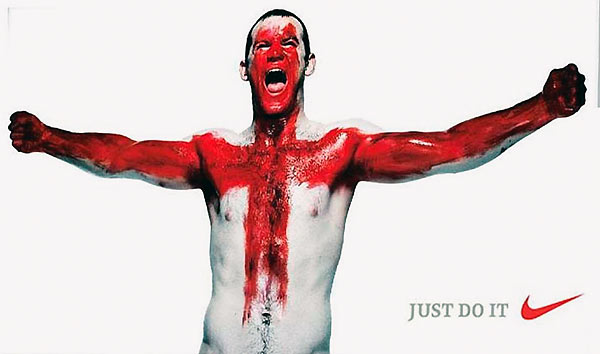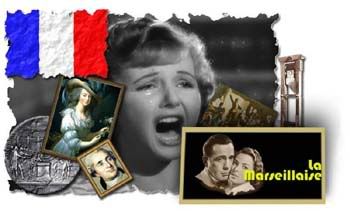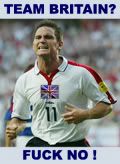Oh stop your w(h)ining!

Europe is producing too much wine for which there is no market resulting in an enormous wine surplus (leading to the rather delicious-sounding ‘European wine lake’) and an increased reliance on ‘crisis distillation’, whereby wine is turned into industrial ethanol.
The EU’s 'crisis distillation' measure was supposed to be for exceptional circumstances. Regrettably, it has now become a regular tool of market management and is even being used for so-called 'quality' wine. This is an unsustainable - some might say crazy - way to spend taxpayers’ money. We are paying huge sums to distil wine, store it, and in some cases turn it into bioethanol for use in cars and factories.
Yesterday Mariann Fischer Boel, Member of the European Commission responsible for Agriculture and Rural Development announced a range of measures to reform the EU wine market.
Ms Fischer Boel said the distillation schemes made no economic sense. "Distillation is supposed to be a crisis measure, instead it has become a way to regulate the market," she said. "It is a ridiculous way to spend taxpayers' money."
She called for an end to rules that forbid EU winemakers from blending grapes of a single variety, such as chardonnay, from more than one region, and selling them under simple, self-explanatory labels like "2005 Australian Chardonnay".
Instead, European labelling rules are unhelpful to many consumers, focusing on telling them which "château" or "domaine" a wine is from, and whether it is an "appellation contrôlé", a "grand cru", or a "crianza". Instead, the commission wants to have just two categories of wine: wine with geographical indication and wines without.
Stopping the “crisis distillation” and reforming the labelling are plain common sense. Protectionist labelling has obviously backfired. Although I fervently hope that Europe doesn't resort to making dumbed down Esperanto wines to compete with Australia and California.
But other measures include grubbing-up incentives which see the EU financing 'uncompetitive producers to leave the sector'. Brussels is looking for 400,000ha of vines to be pulled up over a five-year period.
You what? They are uncompetitive so we will PAY them to go out of business? That makes sense in what place other than the EU?
Basically we are awash in bad wine. My solution?
Let the producers of bad wine go out of business all by themselves. Putting the varietal type on the label, won’t sacrifice the individual personalities of the great wine regions for goodness sake! And keep the price of decent wines within the reach of ordinary people’s pockets
So pour the damn Chateau Protectionism 2006 down the drain and let market forces re-invigorate the sector. Thus saving the tax payer a considerable sum. No that's far too obvious for the EU!
Oh dear, The Telegraph Leader writer agrees with me! How disconcerting.!











